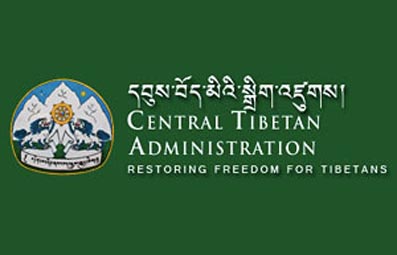(TibetanReview.net, Apr17, 2015) – The exile Tibetan administration at Dharamshala, India, on Apr 15 dismissed China’s release that day of a white paper on Tibet, its 13th since the early 1990s, as a desperate bid to market its false story about the issue of Tibet. Likewise, Washington-based International Campaign for Tibet (ICT) saw the white paper as an acknowledgement that China had failed to win the hearts and minds of the Tibetan people. Both Challenged China to open up Tibet for free international scrutiny and visitors if its claims were true.
Accusing China of whitewashing the tragic reality in Tibet, the exile administration referred on its Tibet.net website to a plethora of recent reports – including by the US State Department, the US Congressional Executive Commission on China, Human Rights Watch, Amnesty International, and Reporters without Border – which had negated its white paper claims. It said these reports detailed political repression, economic marginalization, social exclusion and cultural assimilation of the Tibetan people and environmental destruction on the Roof of the World.
The exile administration sees the latest white paper as a belated apparent reaction to the renewed, ongoing campaign on the Middle Way Policy launched by it last year to create greater awareness of this policy within the international community.
The exile administration challenges China to open up Tibet to international rights groups and media to enable objective reporting on the issue of Tibet instead of issuing white papers.
In its reaction to the white paper, ICT noted that the easiest way for China’s ‘anti-separatist’ bureaucratic power bloc was to exonerate themselves from taking responsibility for their policy failures in Tibet by putting all the blame on the Dalai Lama and ‘hostile forces’ outside Tibet. It added that the misleading arguments made in the white paper served only to underline China’s failure and the insecurity of the Chinese Communist Party over its legitimacy in Tibet.
ICT also challenged China to provide free access to Tibet to independent observers, journalists, and diplomats if the situation of the Tibetan people was as good as it had claimed in its white paper.



